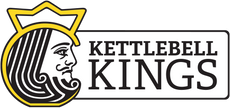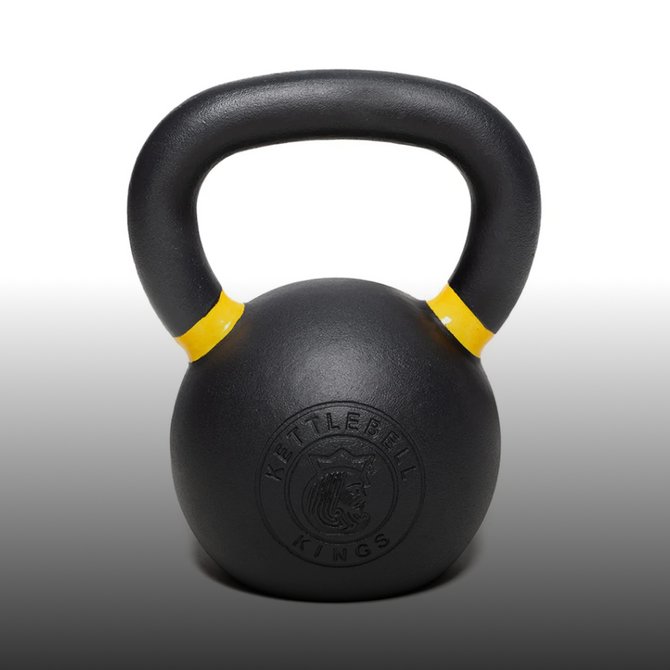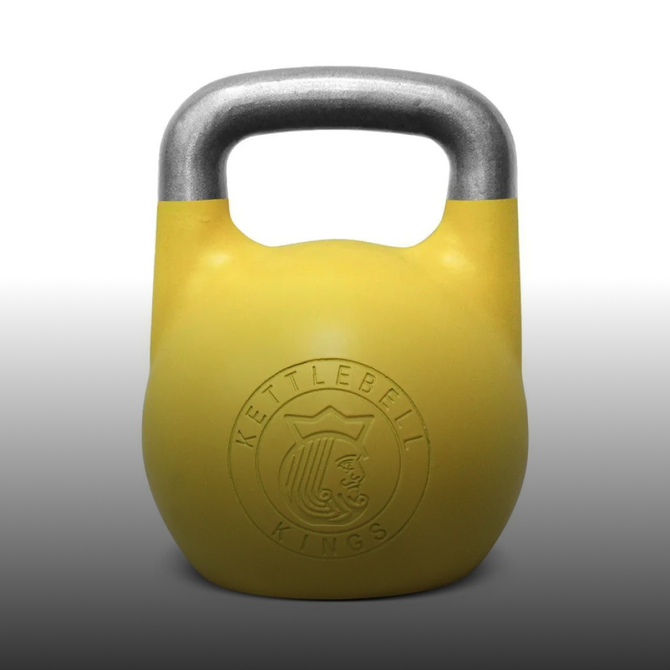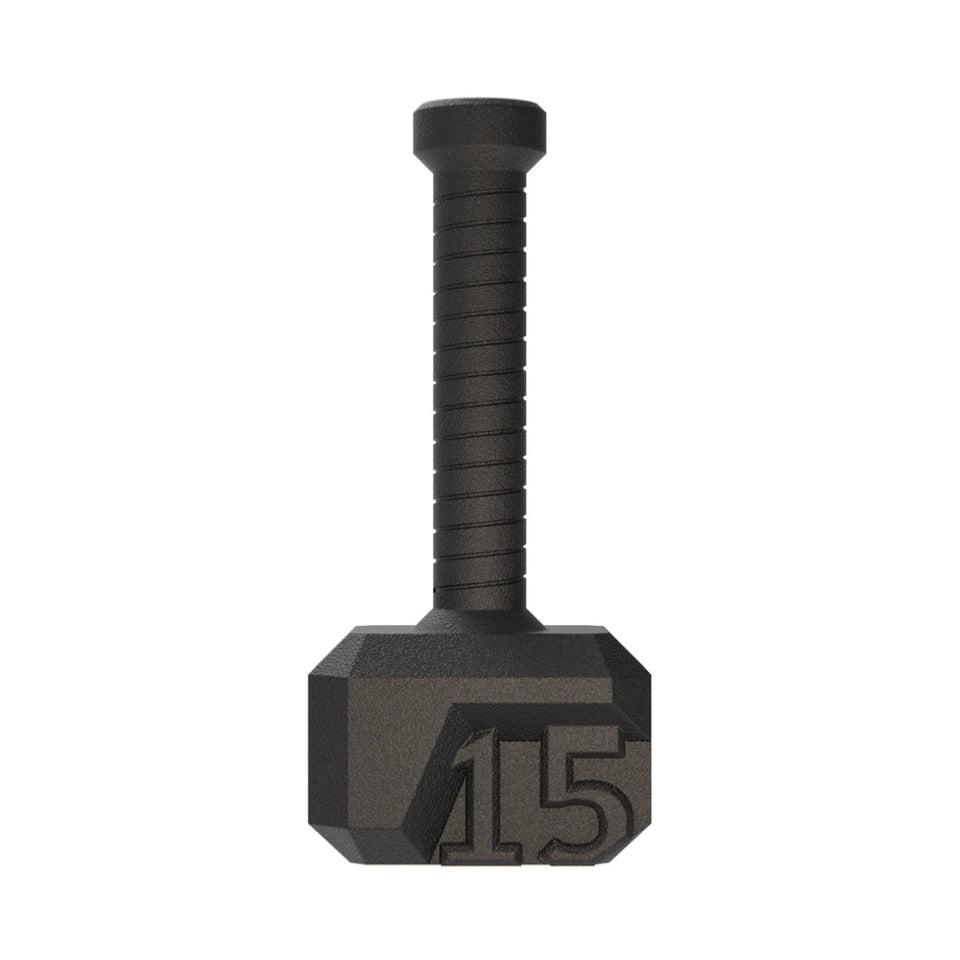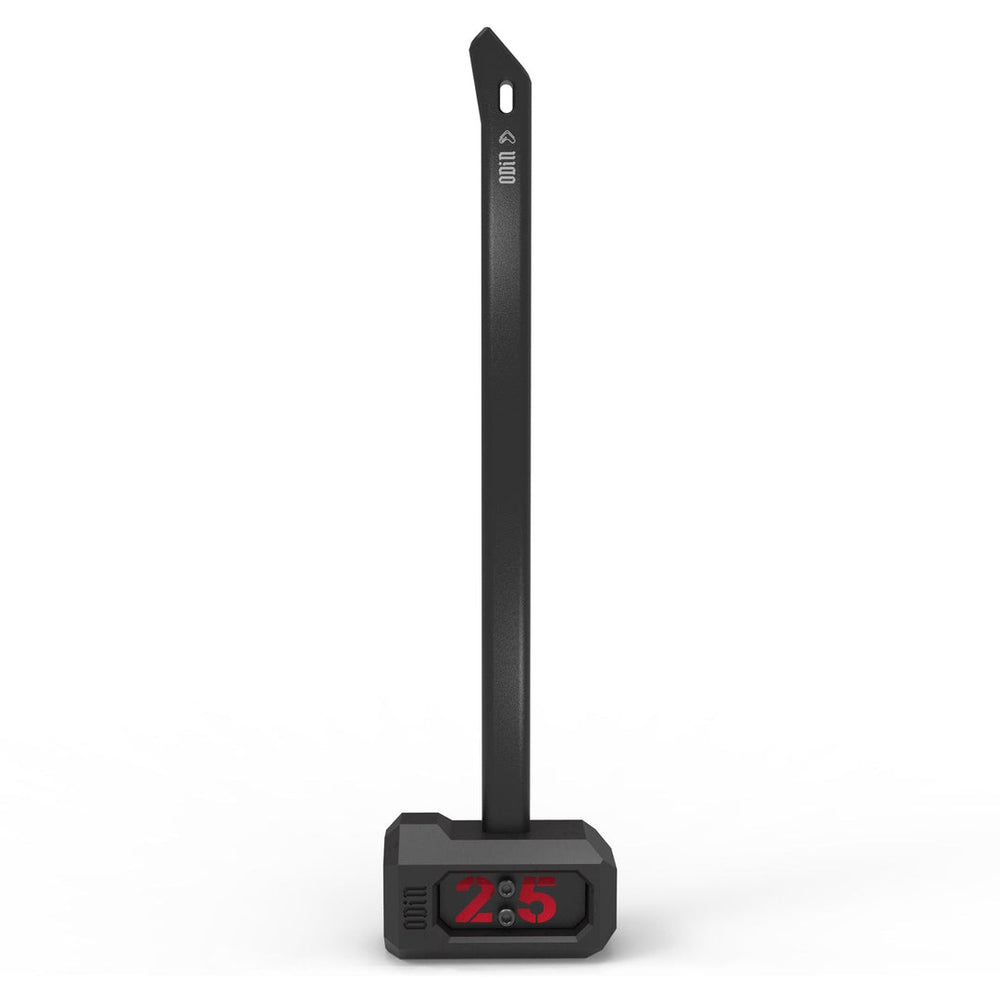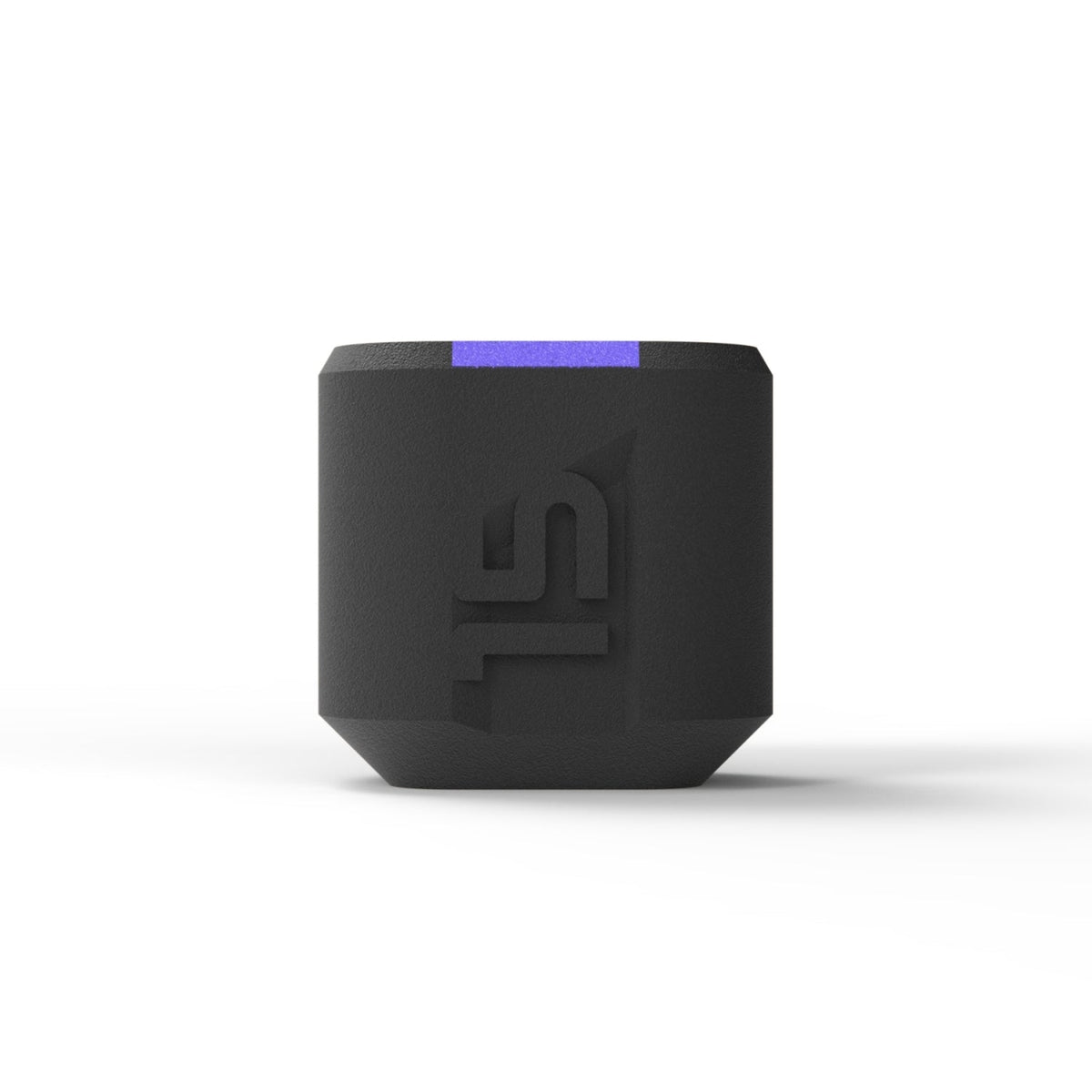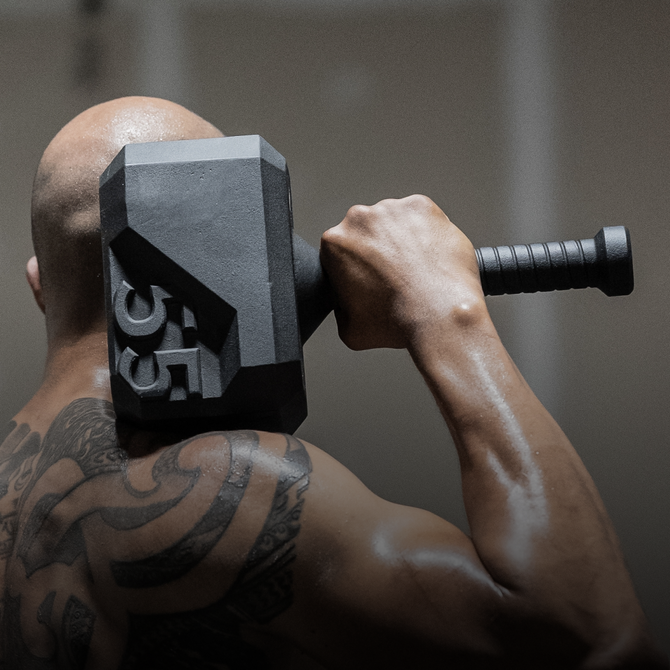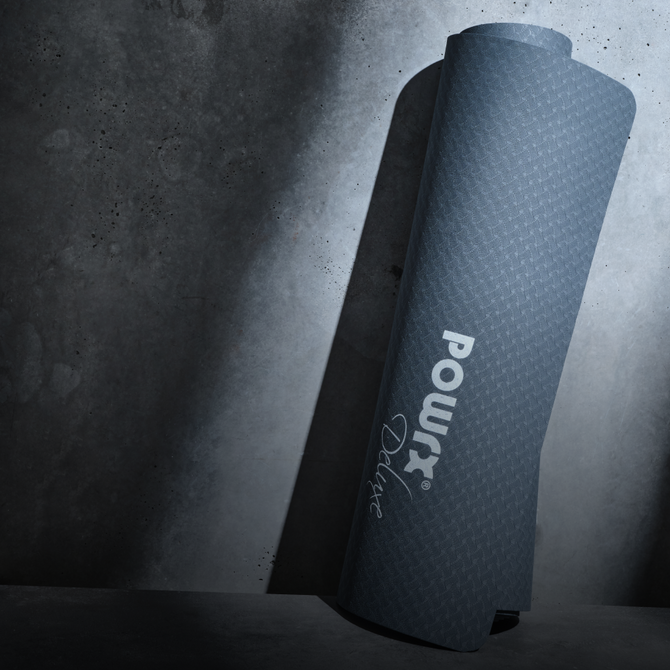This has to be one of the most frequently asked questions we get when we publish or talk to people in casual conversation, "How do I not destroy my wrist and forearm when lifting kettlebells?" Luckily, Kettlebell Kings works with expert and world champions to bring you answers to questions like this.
Brittany Van Schravendijk goes over the answer to this frequently asked question for us in the video below. There are three factors:
- Grip
- Size of arch
- Timing
Kettlebell Grip
How you grip the kettlebell is important regardless of the style of kettlebell you use. In this demonstration, Brittany uses her competition kettlebell. Do not give the bell at 'death grip', this has to be one of the most common errors people make by grasping their whole hand around the handle of the bell and thinking they need to hang on for dear life! What you want to use is a 'hook grip'. The kettebell should be between your first knuckle and your fingers (shown 1:11), with your thumb locked over which allows your wrist to be straight, but is loose enough to allow you to transition to different positions easily while still controlling the kettlebell. Brittany demonstrates with competition and powder coat kettlebells
SIZE OF ARCH
When the kettlebell is coming up from between your legs, if your arch is really large then you are not able to control the kettlebell. Also, you generate more force that causes the bell to slam into your arm when you try to bring it to the rack or overhead position (shown 2:00). Brittany demontrates what it looks like when you have a big arch and a smaller, more controlled arch to bring the bell into position. You can distinctly see how hard it is to control the bell when swinging far from your body. This should be done in synch with the hook grip which allows you to insert your hand more easily into the rack position rather than death gripping the kettlebell and maintaining that same grip.
HAND INSERTION & POSITION
When moving into the rack position your hand/arm should be fully inserted into the window of the kettlebell (shown 2:50), the bell handle diagonol across your palm.
TIMING
As the bell floats up, the momentum should be coming from the hips rather than your arms. You should be bringing the bell up to rack or overhead position with minimal arm force or strength (3:20). If you are using your legs and hips to thrust the bell into position, that should give you time to insert your hand properly so that it does not flop over on your arm at the top. As you go into the clean, open the hand and drive the elbow into place.
Brittany demonstrates the same movement with a powder coat kettlebell at 4:55 and shows the quick pull with the arm and getting the elbow in place to get the bell into place rather than taking a long arch of the kettlebell with the death grip.
WHAT IS NEXT?
If this is your first time reading one of our posts, we create kettlebell workouts in collaboration with kettlebell lifting champions and experts which are designed to give you maximal results and not take up much of your time. We send these to your in box automatically every week! We recommend you read more about receiving a quick, free, dynamic kettlebell workout every week you can click below.
Thanks for reading!
Kettlebell Kings has the most highly & frequently reviewed kettlebells in the world. We have free shipping in the US & Canada (www.kettlebellkings.com), Europe (www.kettlebellkings.eu) and Australia (www.kettlebellkings.com.au). Check out our 4,000 reviews for quality and customer service here!
